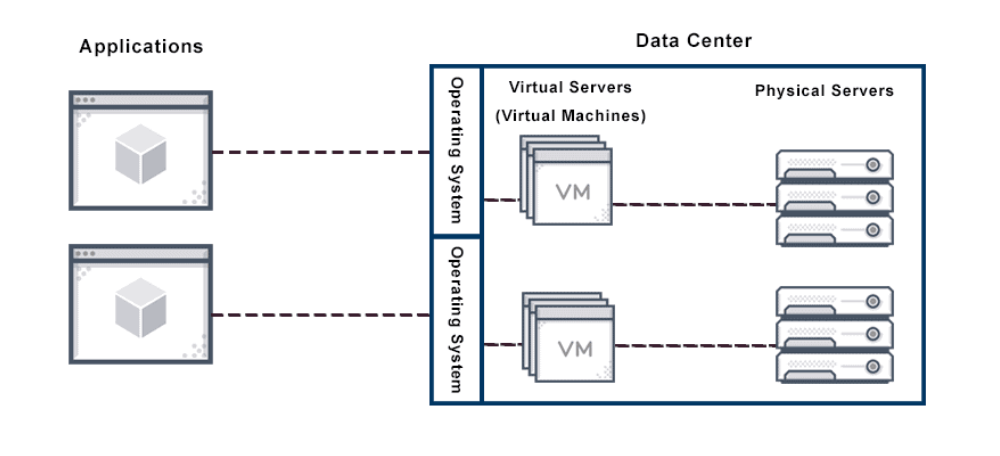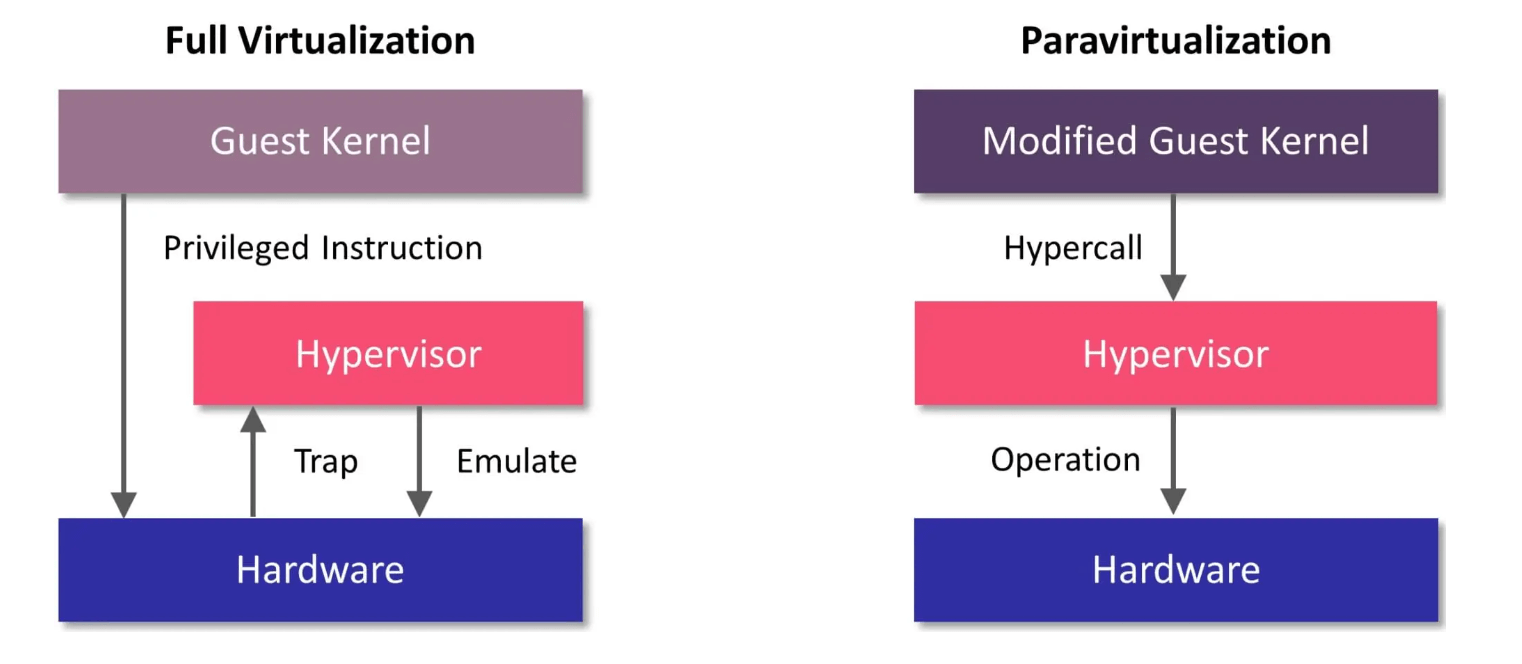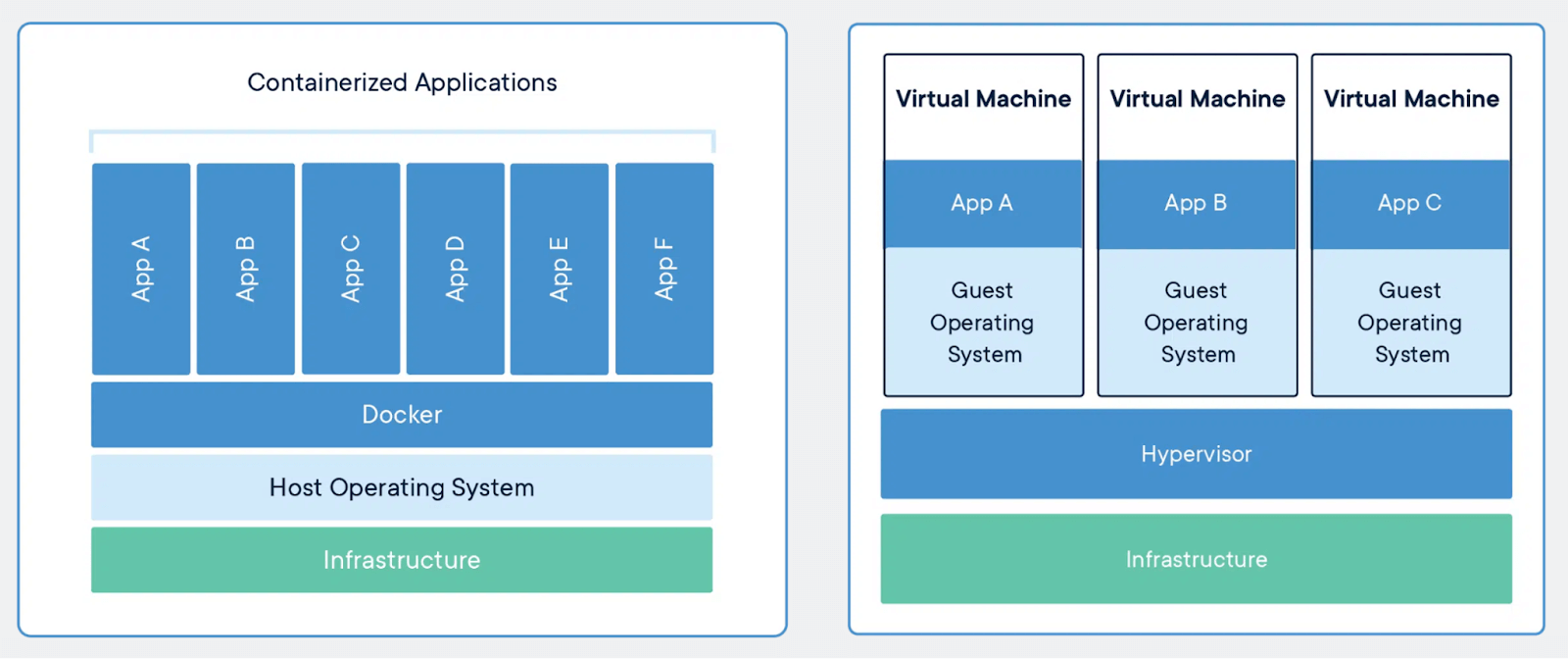What is a Virtual Server and How Does it Work?

In this climate, the performance and speed of your tech stack directly influence business survival. However, buying and maintaining these tools can be expensive, and as a business, you need to find ways to get things done without making unnecessarily significant investments.
Using a virtual server to host your website and application(s) is one of the best ways to cut IT costs without compromising quality.
In this article, we’ll explore:
- What is a virtual server, and how it works;
- The different types of server virtualization;
- The differences between physical servers, virtual servers, and cloud hosting;
- How a virtual private server (VPS) stacks up against a dedicated server;
- Some virtual server use cases;
- The advantages and disadvantages of using virtual servers.






